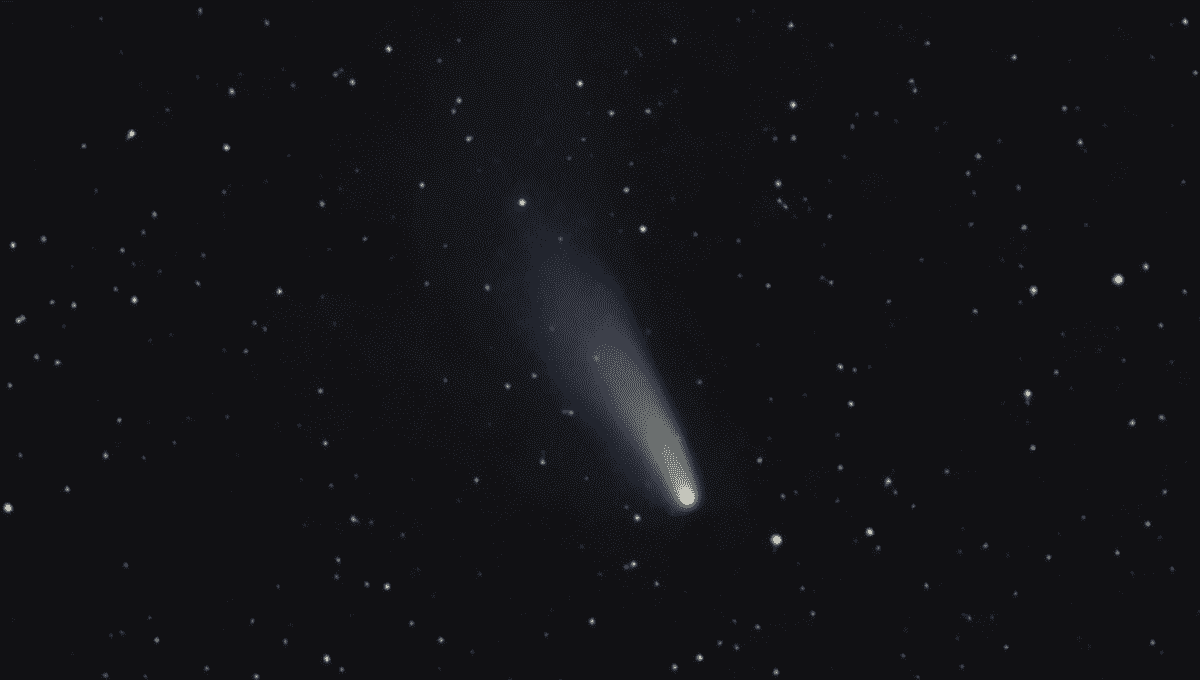
This week, just a few days after Queen Elizabth II died after a 70-year long reign and was replaced by her son as the new King of England, a meteor flew across the skies of the UK.
Of course in modern times we realize that this is just a coincidence of timing, and that so many objects fall out of the sky you can tie it to any meaning you like. Maybe it is a sign of a fortuitous Bin Day, for instance. In centuries gone by, however, these were often seen as bad omens for royalty and their reigns. Game of Thrones, George R. R. Martin’s approximation of Middle Ages Britain with added dragons, even featured a red comet that was seen across the skies of Westeros not long after the start of the war following the King’s death.
Quite a few accounts throughout the real Middle Ages show fireballs in the sky being taken as signs, with events often retrospectively being assigned to the bad omen. Let’s take a look at some other “unlucky” British monarchs and see what may be in store for King Charles III.
King Harold and Halley’s Comet
Ohe most famous examples is the inclusion of Halley’s comet on the Bayeux Tapestry. In the scene, Harold is crowned King of England on January 6, 1066. Shortly afterwards, the comet is seen, and people point at it, interpret it as a bad omen, and become terrified.
The rest of the tapestry also shows Harold being shot in the eye, though accounts from the time say his death involved him being stabbed through the chest, decapitated, his entrails “liquified” with a spear, before his thigh was cut off and carried “some distance” away. Which we guess does make a less pleasing tapestry.
Edgar the Peacful and the comet of bad luck
In 959 CE, Edgar the Peaceful became king of England. As his name suggests, his reign was relatively peaceful. In 975, the last year of his reign, a comet was seen flying above, which was taken as a sign of a coming famine and his death.
“Then too was seen, high in the heavens, the star on his station, that far and wide wise men call – lovers of truth and heav’nly lore – ‘cometa’ by name,” one 10th century account reads. “Widely was spread God’s vengeance then throughout the land, and famine scour’d the hills. May heaven’s guardian, the glory of angels, avert these ills, and give us bliss again; that bliss to all abundance yields from earth’s choice fruits, throughout this happy isle.”
The next year saw a famine blamed on the innocent comet, minding its own business hurling its way through space, as well as some terrible governance.
“And this year Edward, Edgar’s son, succeeded to the kingdom; and then soon, in the same year, during harvest, appeared “cometa” the star; and then came in the following year a very great famine, and very manifold commotions among the English people,” the Anglo Saxon Chronicles reads.
The year the Thames went dry
1114 CE saw a string of bad and unconnected events get blamed on a comet.
“This year, in the latter end of May, was seen an uncommon star with a long train, shining many nights,” according to the Anglo Saxon Chronicle, about to blame it for the weather and the death of an archbishop. “In this year also was so great an ebb of the tide everywhere in one day, as no man remembered before; so that men went riding and walking over the Thames eastward of London bridge.
“This year were very violent winds in the month of October.. and Thomas, Archbishop of York, died”.
And now we wait to see what may be atributed to this innocent space rock. Ofcourse, it may not be a space rock. If it turns out to be space junk that’s a whole other portent.
Source Link: Comets And Kings: When Fireballs Blazing Through The Sky Were Taken As A Bad Sign